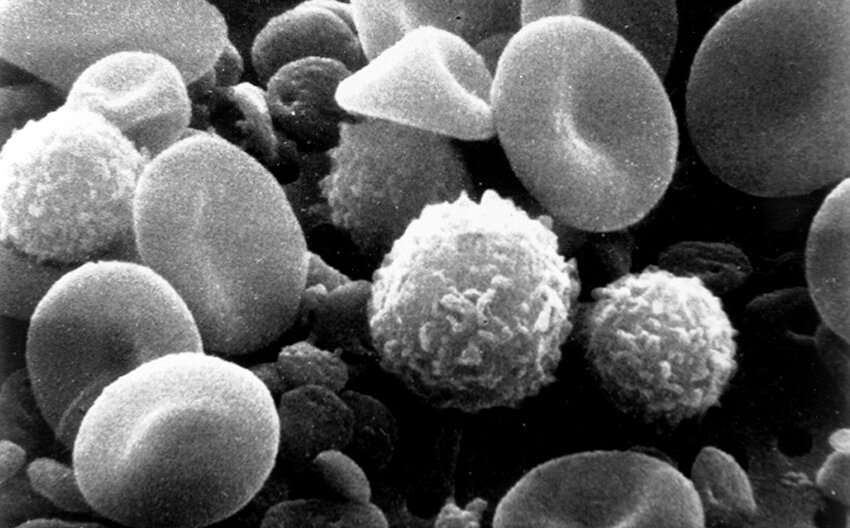Vaccines provide a front-line defense against dangerous viruses, training adaptive immune cells to identify and fight specific pathogens.
But innate immune cells—the first responders to any bodily invader—have no such specific long-term memory. Still, scientists have found that they can reprogram these cells to be even better at their jobs, potentially fighting off seasonal scourges like the common cold or even new viral diseases for which vaccines have not yet been developed.
What the team found surprised them: 13 of the top 24 small molecule compounds that produced the most cytokines were glucocorticoids, a class of steroids. Hydrocortisone and prednisolone, for example, belong to this group.
But these steroids are known to suppress certain parts of the immune system, like inflammation.


